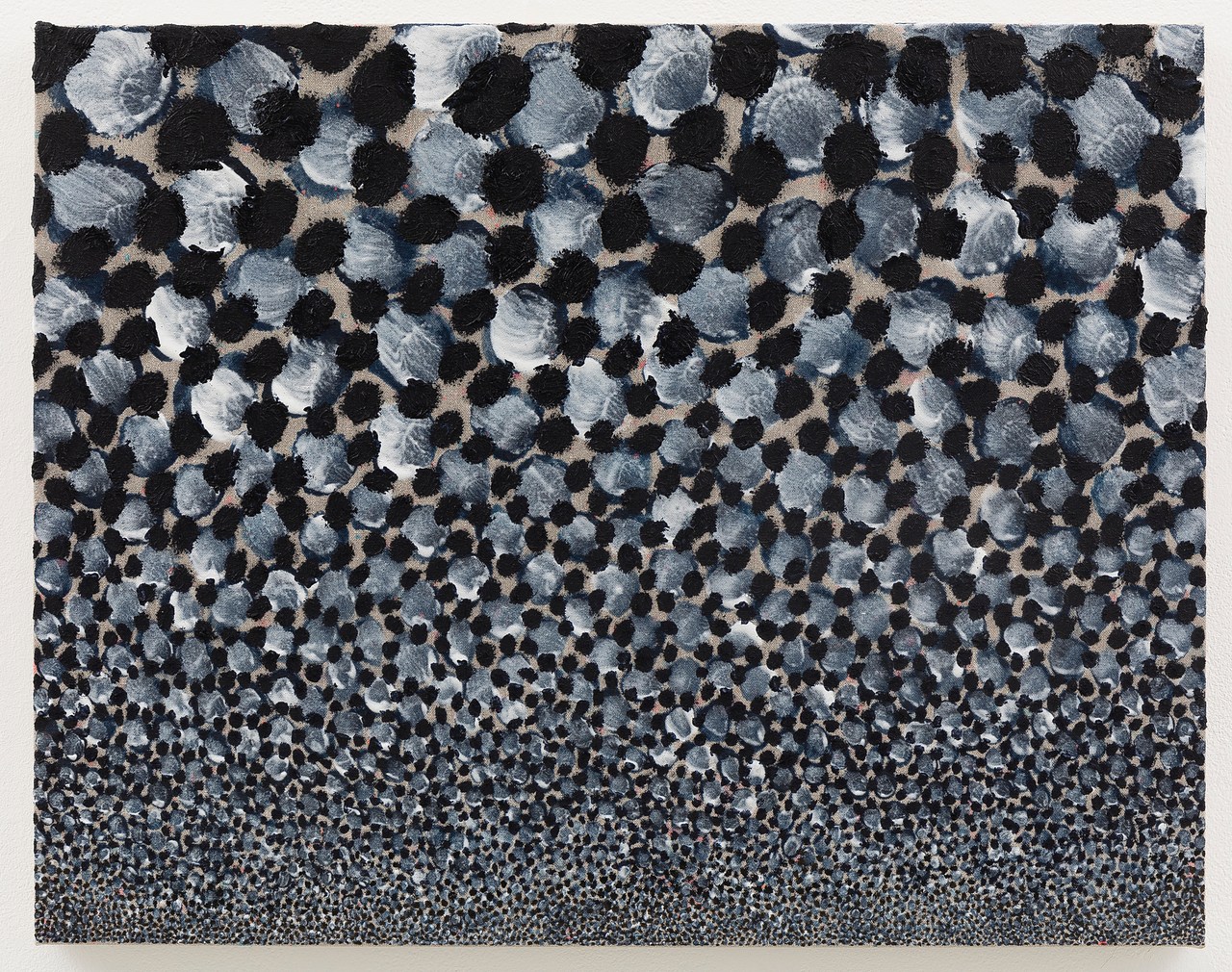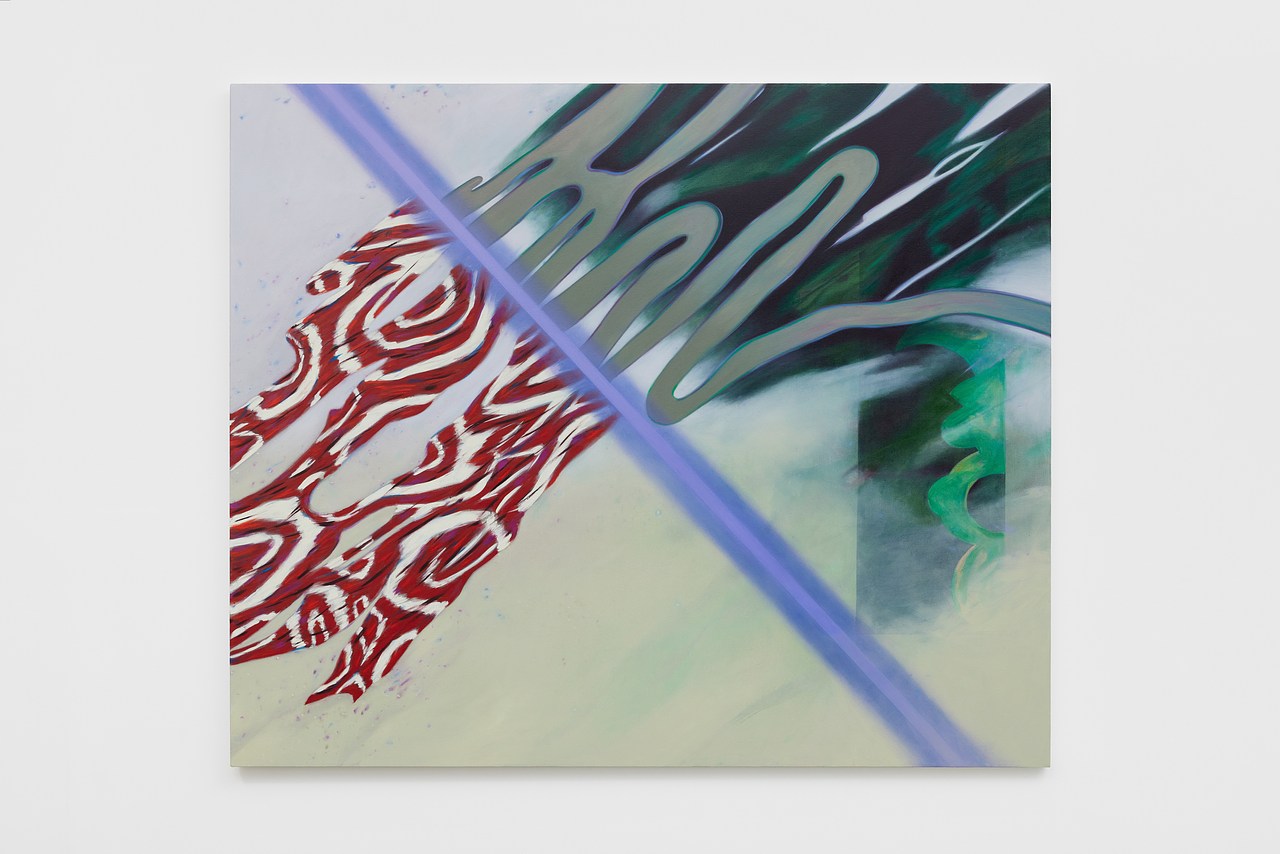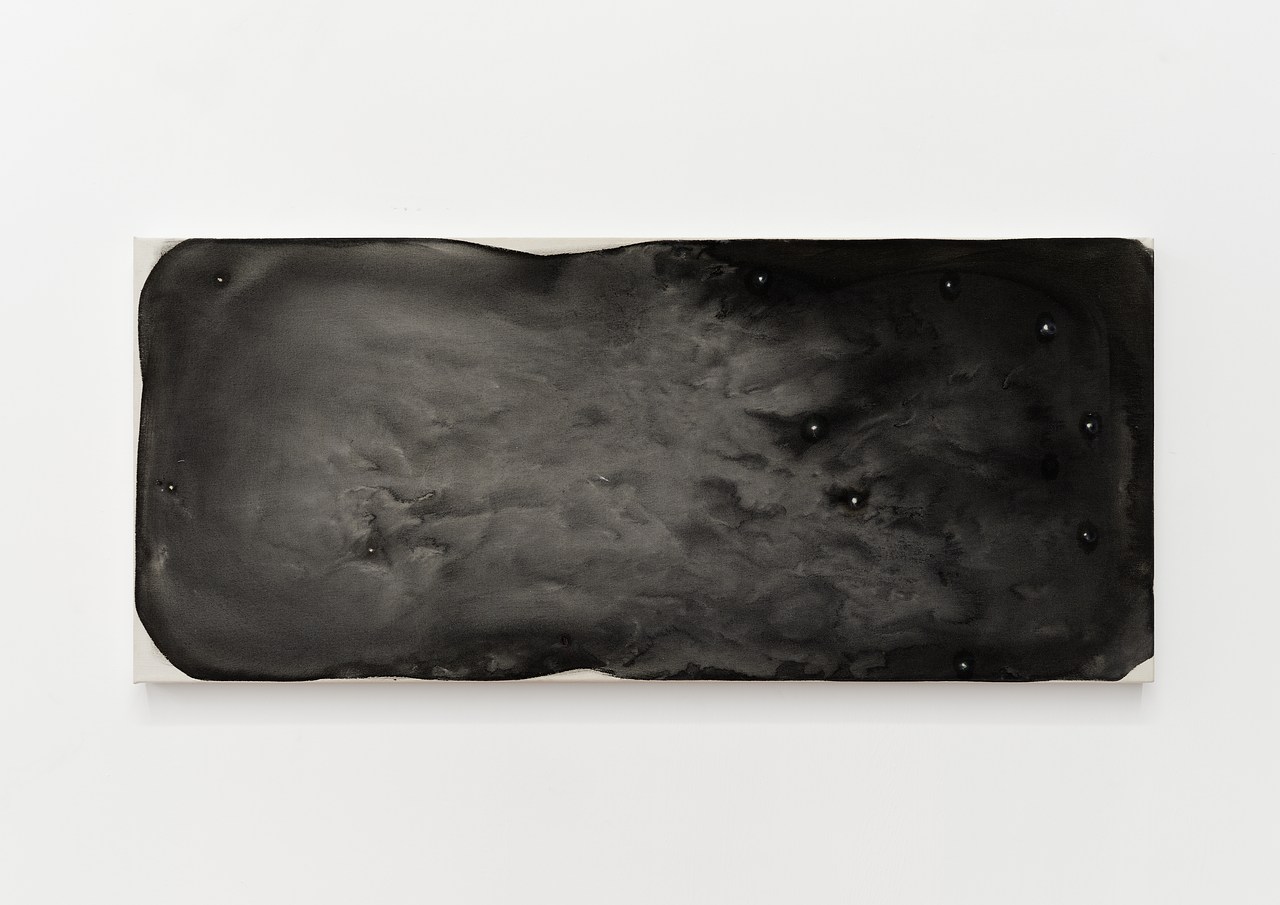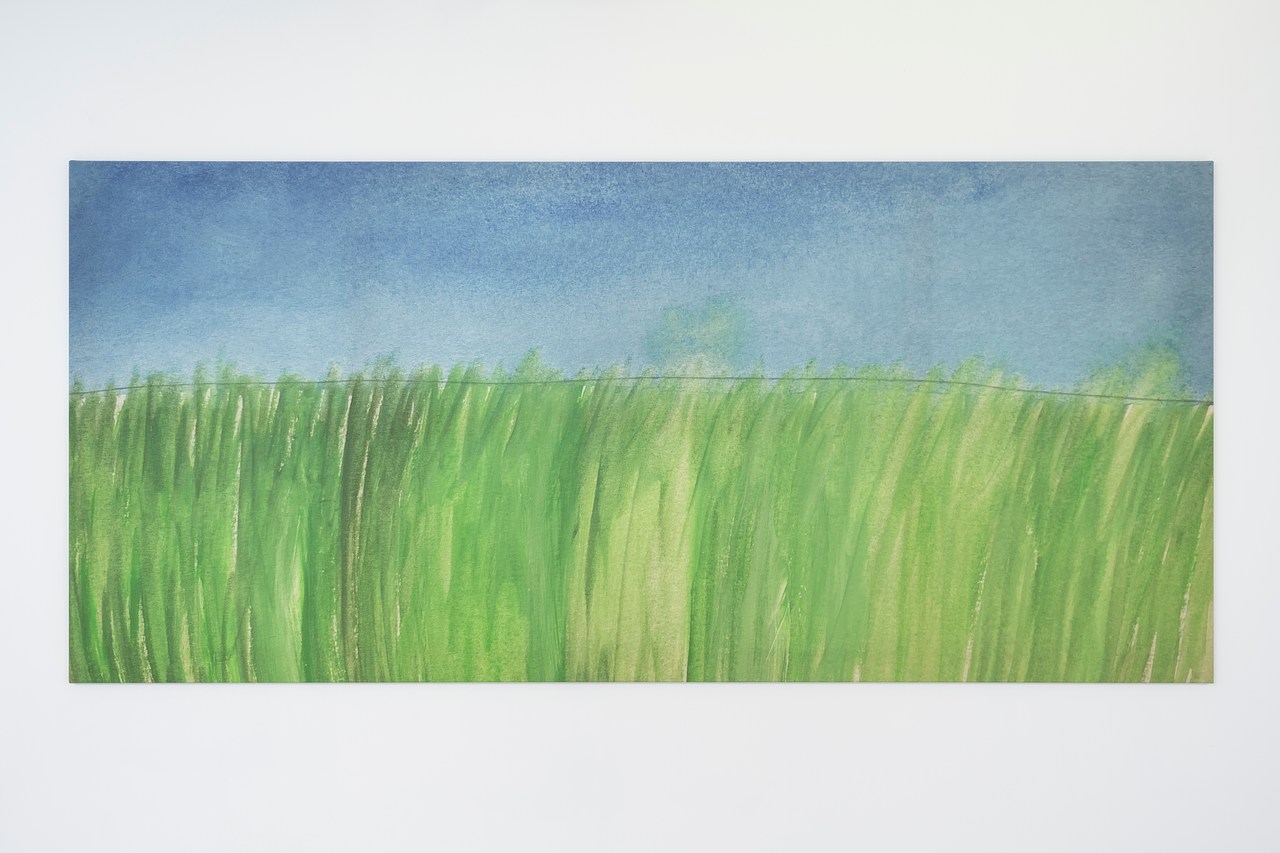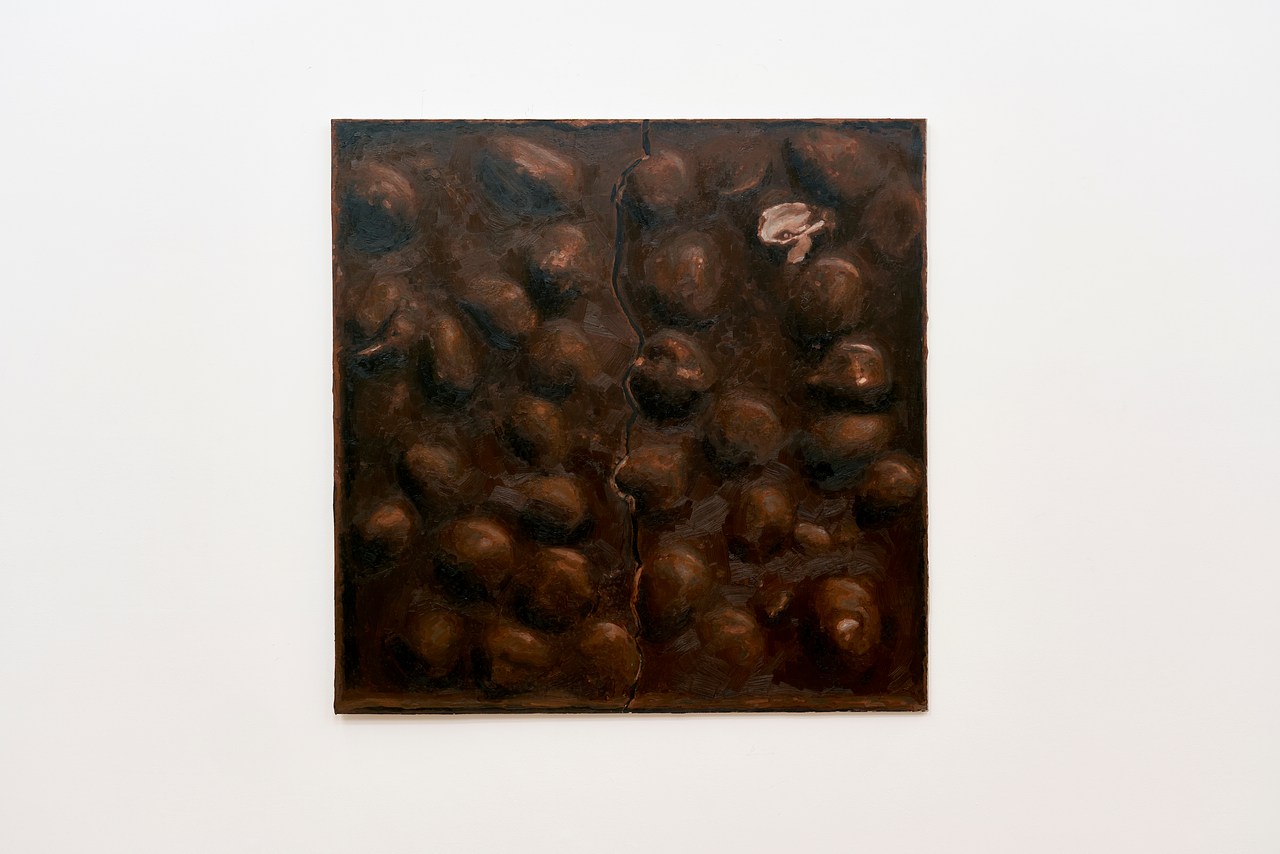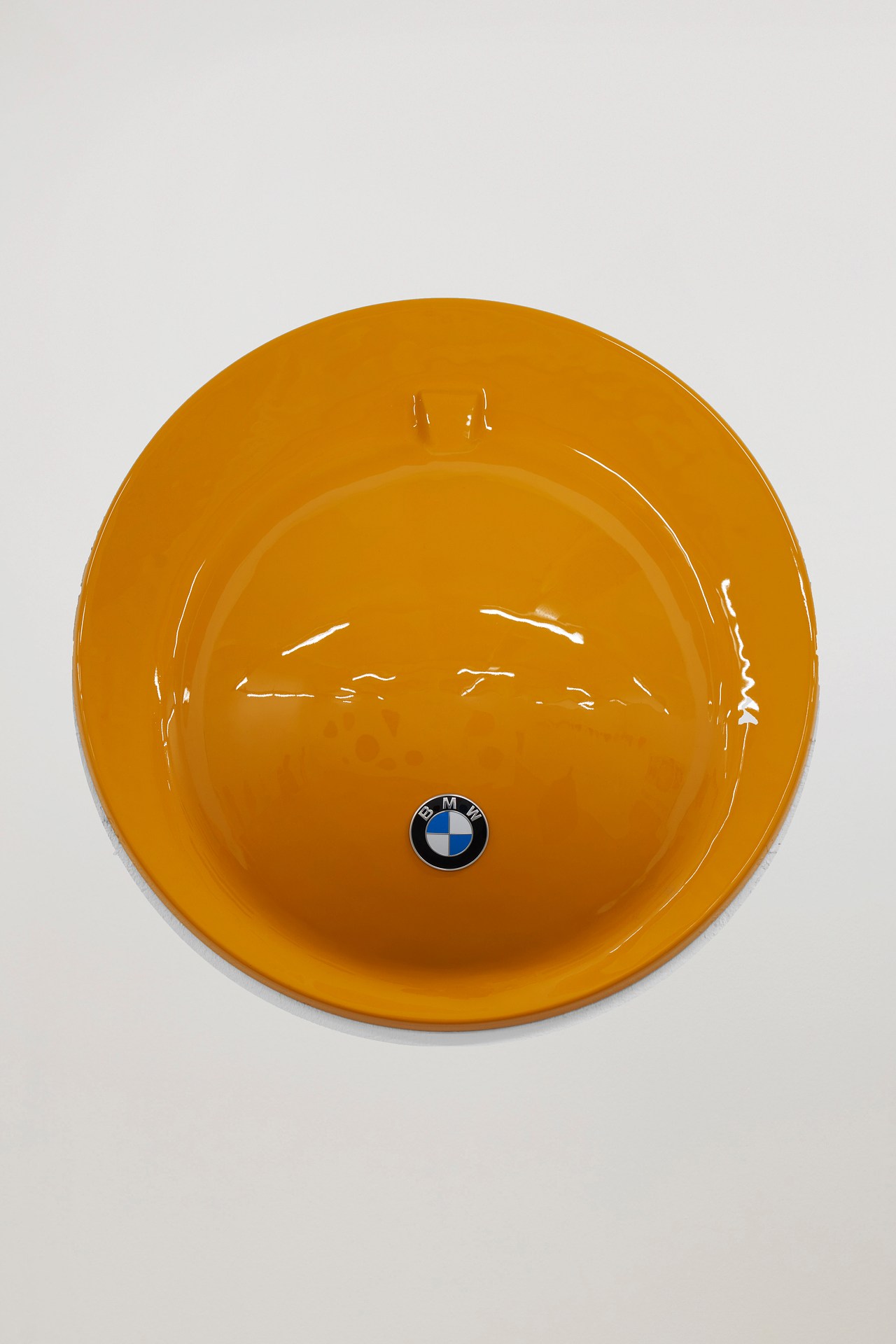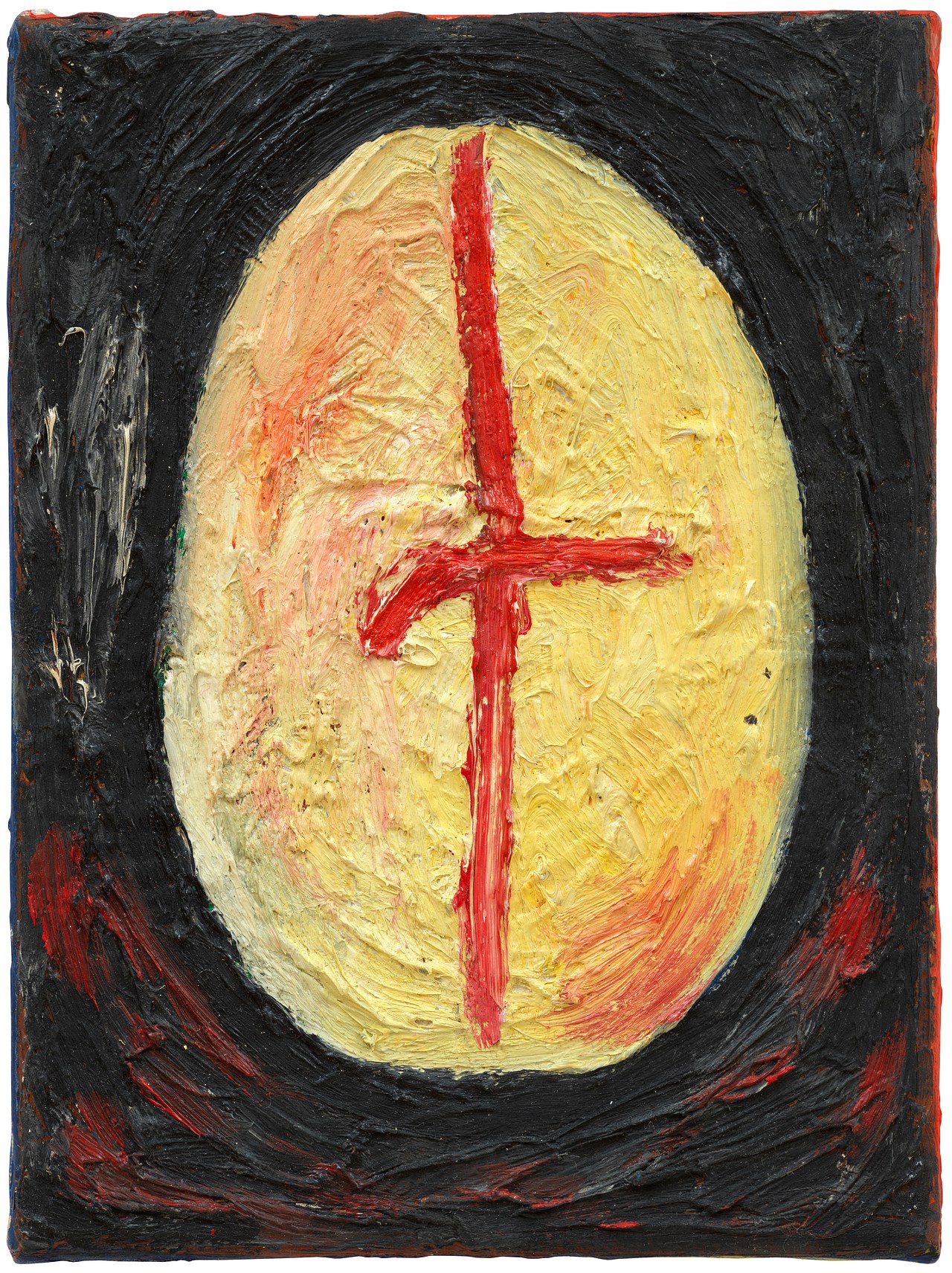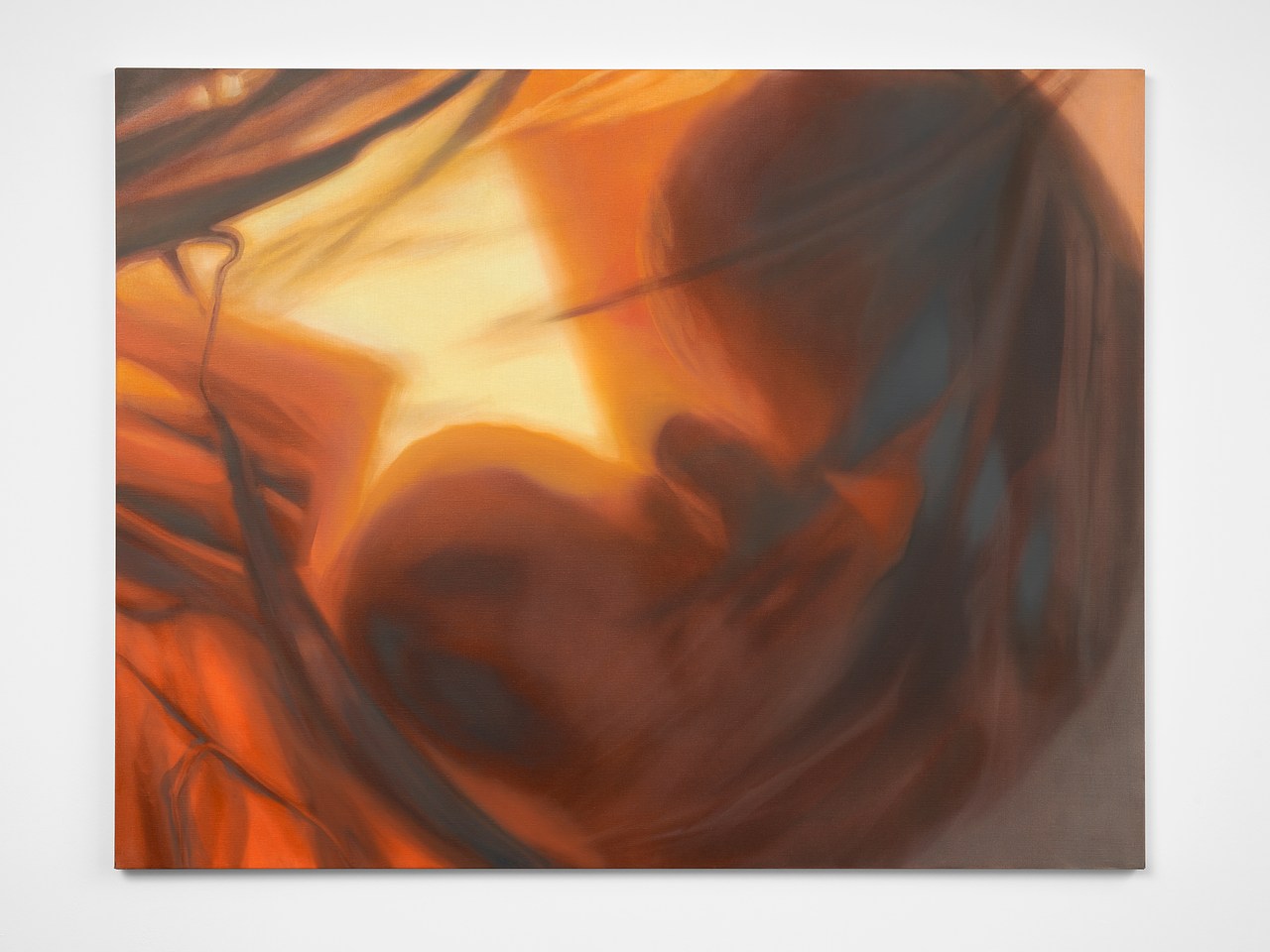Outed as an LGBTQ Activist in Uganda, Leilah Babirye Finds Fame Abroad with Proudly Queer Sculptures
Like her imposing sculptures, Leilah Babirye is still standing. And even better, she is thriving.
In 2015, Babirye fled Uganda after she was outed by a local publication as an activist and a member of the queer community. In her home country, being queer is considered a crime and can even be punished with a life sentence in prison. (Since Babirye left, the consequences have only gotten worse. Last year, Ugandan president Yoweri Museveni signed the Anti-Homosexuality Act of 2023, which includes punishment of death sentence for those convicted of “aggravated homosexuality.”)
Babirye ended up in New York, and has been based there for the nine years since, working as an artist as well as an activist. During a recent interview with ARTnews, it was clear that she had no regrets about her identity—and that she wanted her artworks to similarly exhibit a sense of pride.
“I want my sculptures to command attention,” she said. “I give them hairstyles and adornments, inspired by the queer community, so yes, it gives the feeling of: We’re here, and we’re not going anywhere.”
In the Luganda language, one of the most widely spoken tongues of Babirye’s homeland, the Ugandan queer community is referred to as “abasiyazi,” which translates to “sugarcane husk,” a reference to the fact that the community’s members are thought of as discarded parts or rubbish. In Babirye’s hands, however, trash from the streets, junkyards, bike shops and other places takes on a new meaning, becoming material used in artworks that explore sexuality, identity and human rights. The negative connotations that follow the word “rubbish” are turned positive.
Copyright
© Art News




